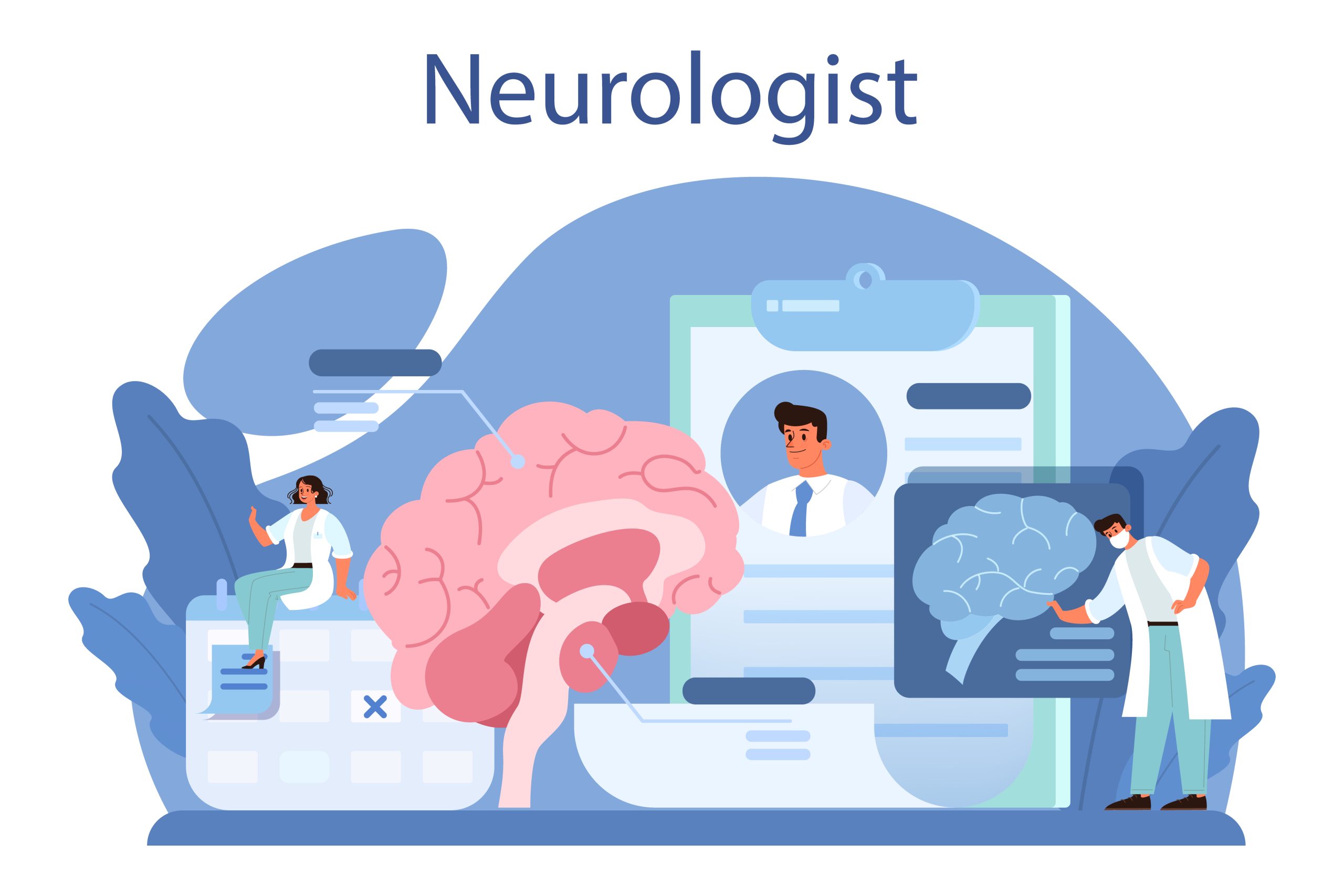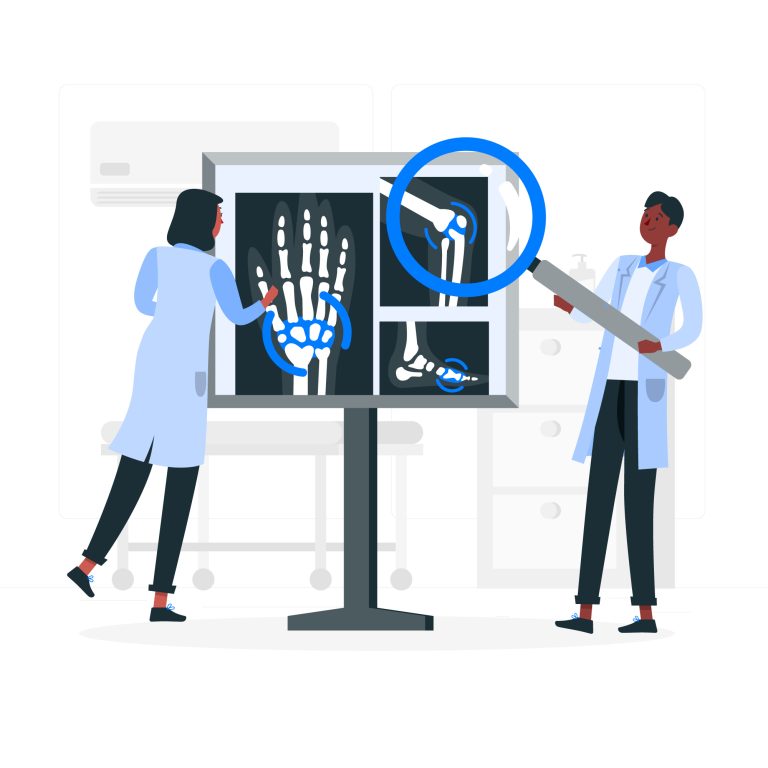Neurology (nervous system)
Exploring the Synergy Between Conventional and Integrative Approaches in Neurology
Over the past decade, physicians have increasingly recognized the limitations inherent in conventional pharmaceuticals and surgical interventions. This has led to a paradigm shift toward integrating evidence-based conventional care with the best practices from alternative and complementary medicine. In the realm of neurology, where conditions like dementia, stroke, developmental disorders, brain tumours, and Parkinson’s disease often have limited treatment options, many patients are increasingly turning to complementary and alternative medicine (CAM).

This shift has opened the door to a variety of integrative modalities, including nutrition, mind-body medicine, and acupuncture, which are now supported by emerging evidence of their effectiveness. The expanding interest in integrative neurology has encouraged neurologists to broaden their practice and knowledge, aiming to improve patient outcomes through a more holistic approach.
This article explores the proactive management of cognitive neurology through integrative practices such as mind-body techniques, Ayurvedic medicine, acupuncture, and the role of endocrine-disrupting chemicals. Despite the substantial use of CAM among individuals with neurological conditions, there remains a gap in communication between patients and healthcare providers. Many patients use CAM without discussing it with their providers, and healthcare providers often do not offer CAM as a viable option. This underscores the need for CAM to be routinely considered as part of the healthcare dialogue, ensuring that patients receive well-rounded, informed advice on all potential treatment options.
Integrative approaches offer significant benefits by complementing conventional therapies, particularly for conditions that are refractory or persistent. Although CAM treatments require time, cost, and effort, they often provide durable benefits, better tolerance, and enhancements to overall wellness, such as improved stress management, quality of life, and reductions in pain, anxiety, and depression. By focusing on holistic healing rather than merely managing symptoms, patients can experience more comprehensive and sustainable improvements in their health. Integrating these practices into routine treatment plans allows for a more balanced approach, empowering patients to make informed decisions and fostering a more effective path to recovery.
It must be noted that education and training are crucial for the successful implementation of integrative oncology in the U.A.E. Healthcare professionals, including oncologists, nurses, and allied health practitioners, need comprehensive training in both conventional and integrative therapies to provide holistic care. This can be achieved through specialized courses, workshops, and continuous professional development programs. In terms of policy and advocacy, there is a need for robust healthcare policies that recognize and integrate evidence-based complementary therapies into standard cancer care. Government and healthcare institutions can be pivotal in advocating for these practices, ensuring regulatory frameworks support their safe and effective use. Looking ahead, the future of integrative oncology in the U.A.E. is promising, with potential advancements in personalized medicine and technology-driven therapies. As global awareness and acceptance of integrative approaches grow, the U.A.E. can become a leader in this field, offering comprehensive, culturally sensitive cancer care that addresses patients’ physical and psychological needs.


